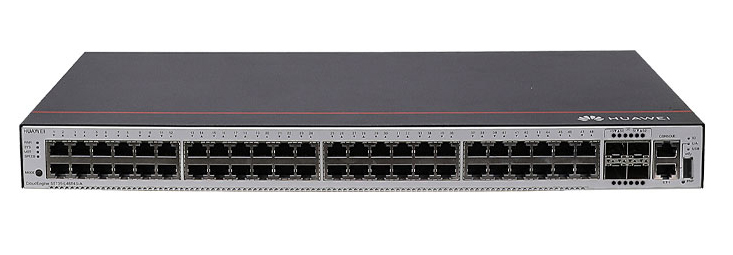































3D printers have come a long way in the past few years.
Initially relegated to large industrial processes, they experienced a bit of a boom in the mid-2010s, when the technology became affordable to small offices, design firms, and hobbyists. Since then, 3D printers have evolved along with several vectors.
Low-cost, high-resolution resin printers have joined filament-based (or FDM) printers in the home and hobbyist market. Printers with large print areas have become available at both the low and high end, with lower-end printers optimizing for the very basic heated plates needed for large prints, while the higher-end solutions add sealed chambers, temperature management, touchscreens, and cameras. Printers with dual extruders are becoming more common, and the slicing software needed to prepare prints is becoming more sophisticated. We're also starting to see more full color and metal printing.
In this guide, we award best-of-show for a range of printer categories. We're spotlighting the machines based on where they're best used. We're starting with the most expensive offerings and ending with our favorite under-$200 printer.
Stratasys is a well-known name in the industrial 3D printing space, and Fortus 450MC has been around for a while. So while it's not the most recently introduced 3D printer, this$100K+ printer makes its place on our list because its fully enclosed 406 x 355 x 406 mm print area can reliably produce carbon fiber, nylon, carbon fiber-infused nylon, and advanced resin-based filament night and day, without breaking a sweat.
If you're building prototypes you intend to use rather than just show off, this printer can produce tough parts with tight tolerances for use in industrial applications. Our friends at Fargo 3D Printer Repair tell us, "Overall a solid machine from a reputable company, we like the additional size of the 450mc over the 380mc."
Pros:
Cons:
Most 3D printers melt or fuse plastic to produce 3D objects. The Desktop Metal Studio System+ is a fascinating offering because it can produce 3D metallic parts made of steel, aluminum, copper, and even titanium. Physically, the machine can fit onto a desk or a workbench and doesn't require an entire factory environment to create prototypes the company says are the equivalent in strength and characteristics as injection molded parts.
There's some serious materials science going on here. Using a process called Bound Metal Deposition, the printer uses bound metal rods that are analogous to filament in FDM plastic printers. The source material contains a mix of metal, wax, and polymer binders, which allows the object to be printed on the build plate. Once the object has been printed, it needs to be placed into a tank where a solution dissolves the primary binding agent and creating a series of open channels within the object. The final stage of post-processing involves the use of a sintering furnace, which heats the finished object to a point before liquefaction, causing the object to become a solid mass.
What intrigues us most is the office setting this printer can function in. The company says there's no need for respirators or external ventilation, which means this$120,000 device can coexist in a design environment without special environmental accommodations.
Pros:
Cons:
With the ability to extrude layers as fine as 0.5mm, the 7X is quite capable of fine detail. We didn't award it our best-for-fine-detail 3D printing prize because the Formlabs Form 3 (see below) can produce even finer resolutions. Where the 7X really shines, however, is its rock-solid reliability when it comes to producing flexible parts. Because it supports direct extrusion (rather than bowden-style), the filament has little opportunity to bind up before being laid down on the print bed.
At approximately$15,000, this is a large format printer, with a build area of 370 x 390 x 450mm. It supports Ethernet and wireless connectivity and uses filament print cartridges that allows an ease of use when swapping of filament without the hassle of fighting with the extruder. Our friends at Fargo 3D Printer Repair tell us, "A fantastic printer for flexibles and fine detail work."
Pros:
Cons:
The product's name says it: The$10,999 Stacker S4 is an industrial-grade 3D printer with the ability to print huge prints and use up to four extruders at once. The build plate is an absolutely enormous 345 x 520 and you can print objects as tall as 650 mm (that's more than 25-inches for those of us more familiar with imperial measurements).
But the stand-out feature of this made-in-America printer is the four print heads. It's possible to print with 1, 2, 3, or all four print heads, and if you print with fewer heads, you can remove them to increase the overall build area. This allows for tremendous low-volume production gains and manufacturing efficiencies. Our friends at Fargo 3D Printer Repair tell us, "This printer's multi-head capabilities are fantastic for a wide variety of uses depending on the application."
Pros:
Cons:
The BCN3D Epsilon W50 is an industrial-level plastic FDM printer designed for heavy production use and additive manufacturing. With a price tag of 6,995
 Tags quentes :
Tecnologia
Nosso processo
Fabricantes
Impressão 3D
Tags quentes :
Tecnologia
Nosso processo
Fabricantes
Impressão 3D